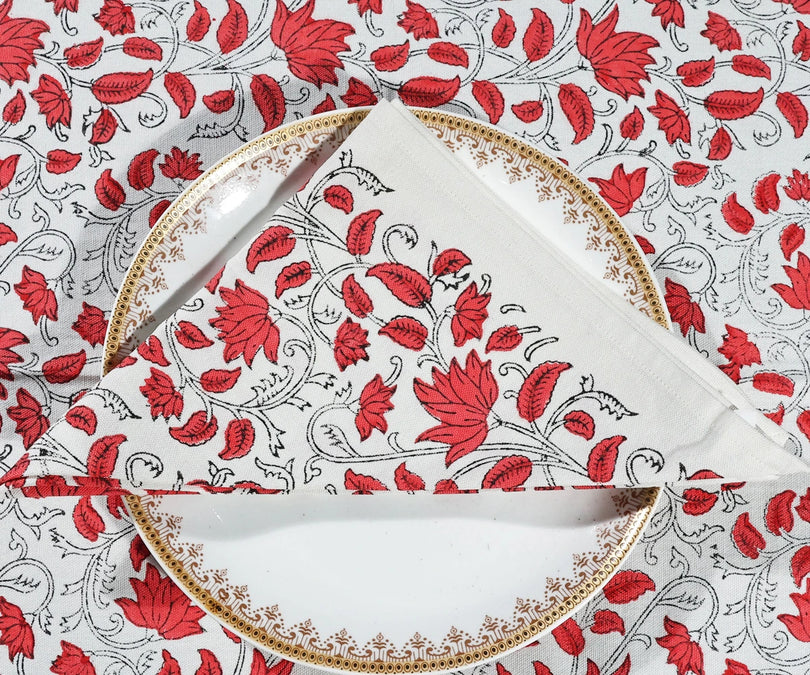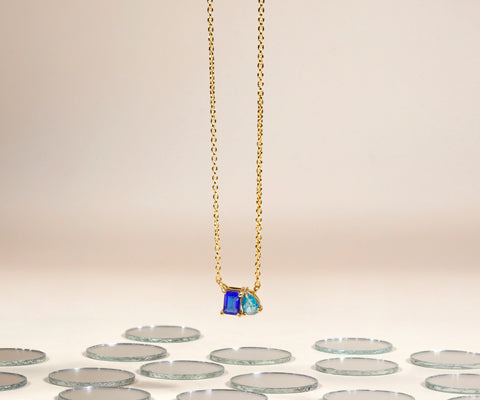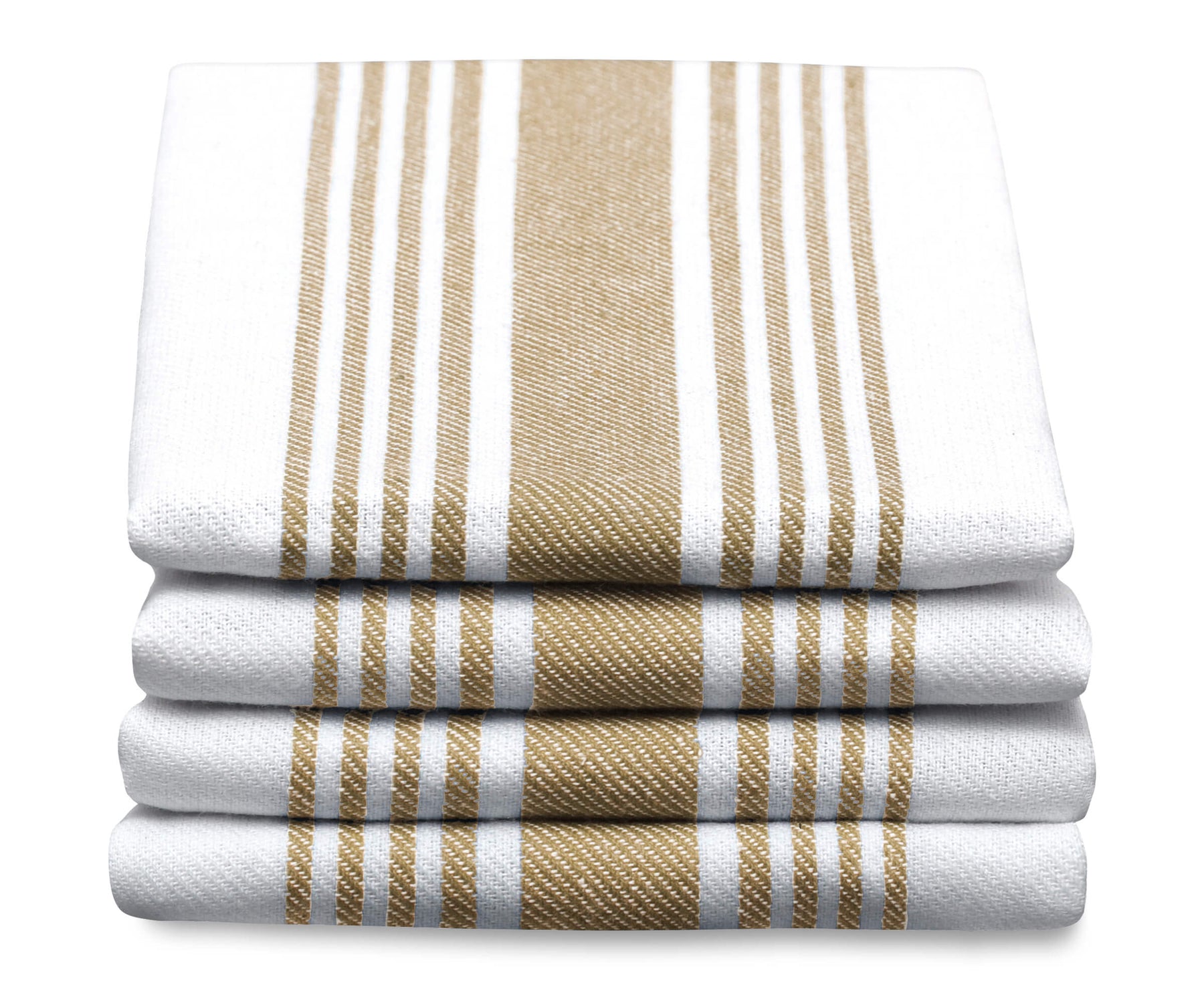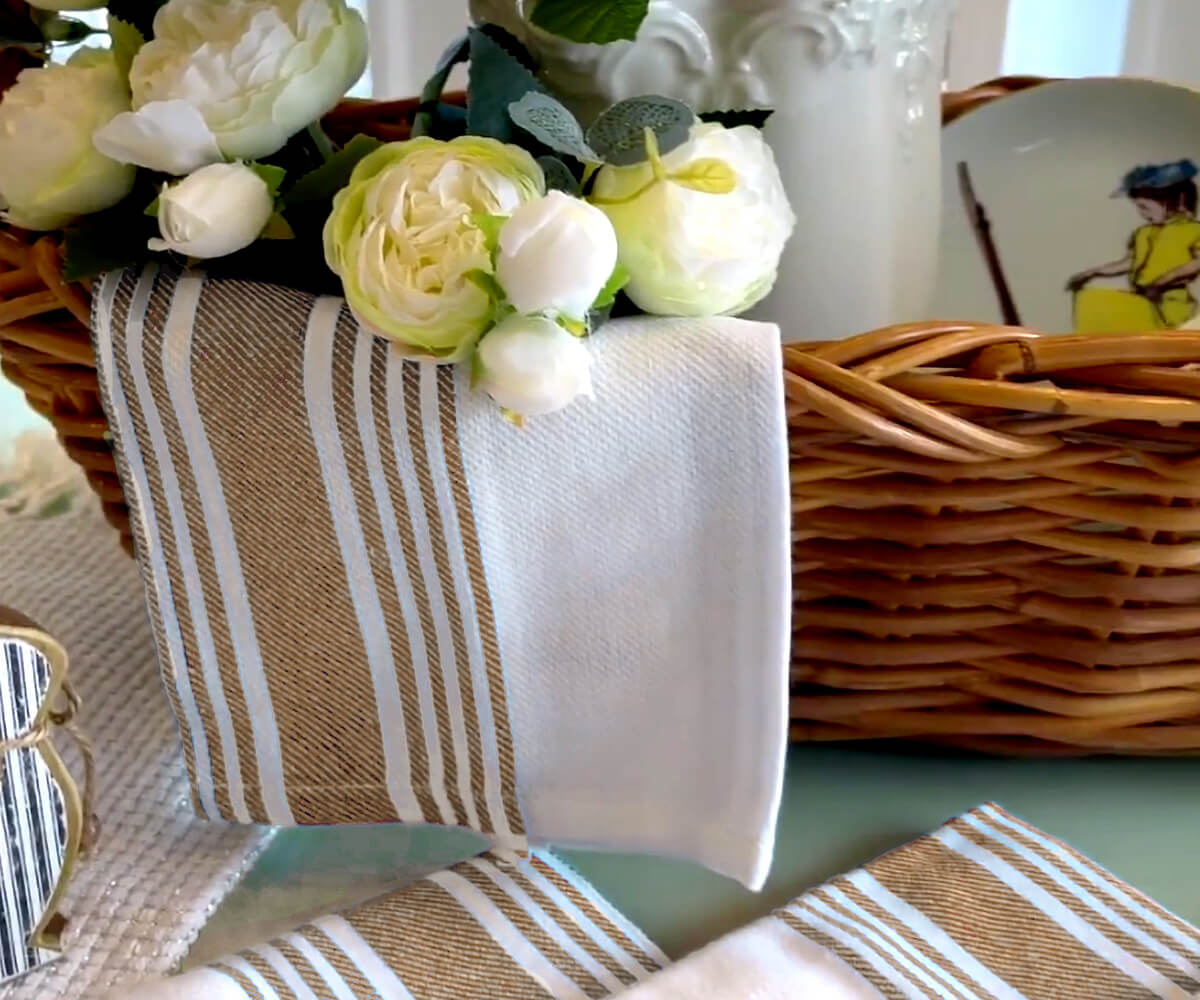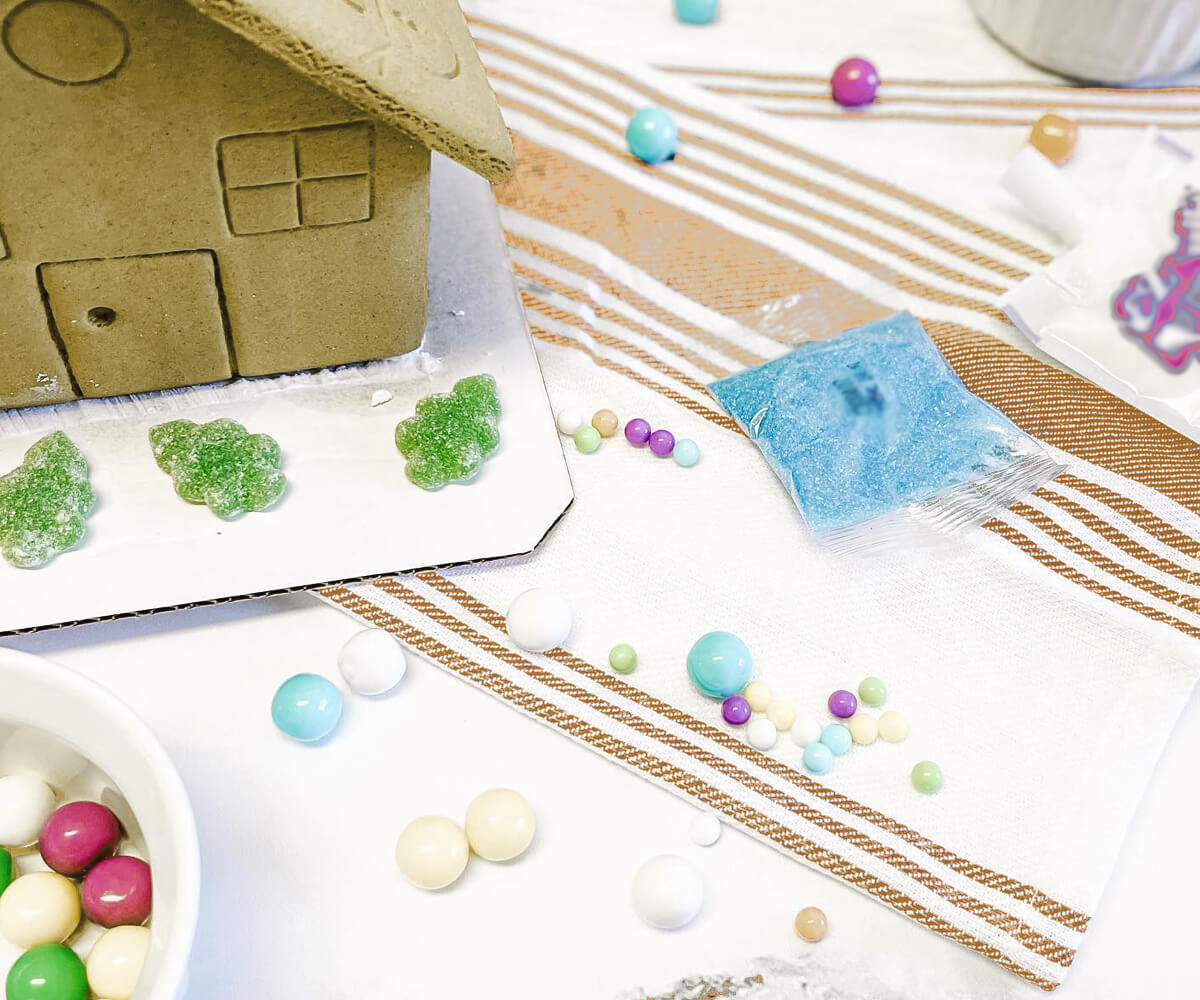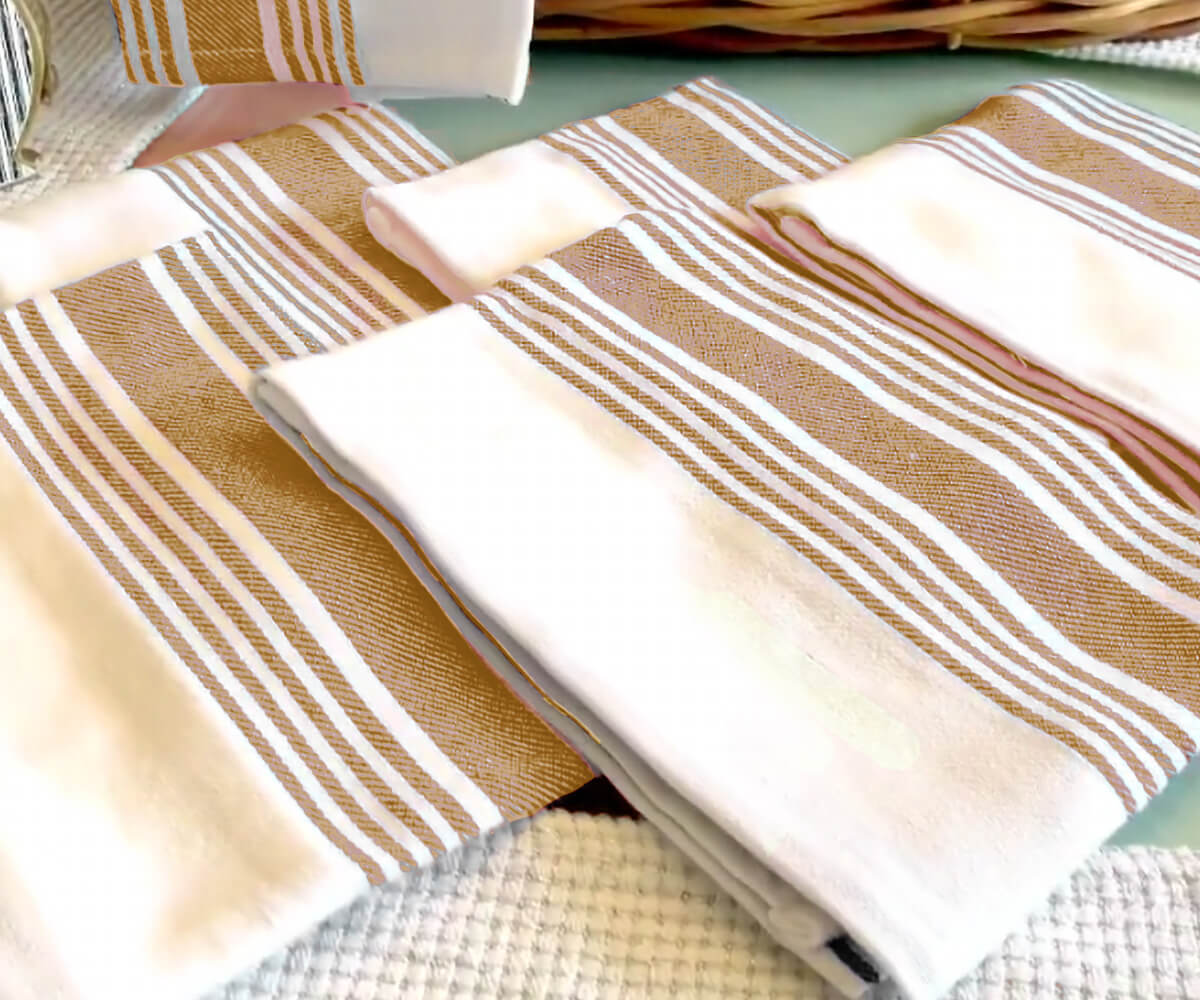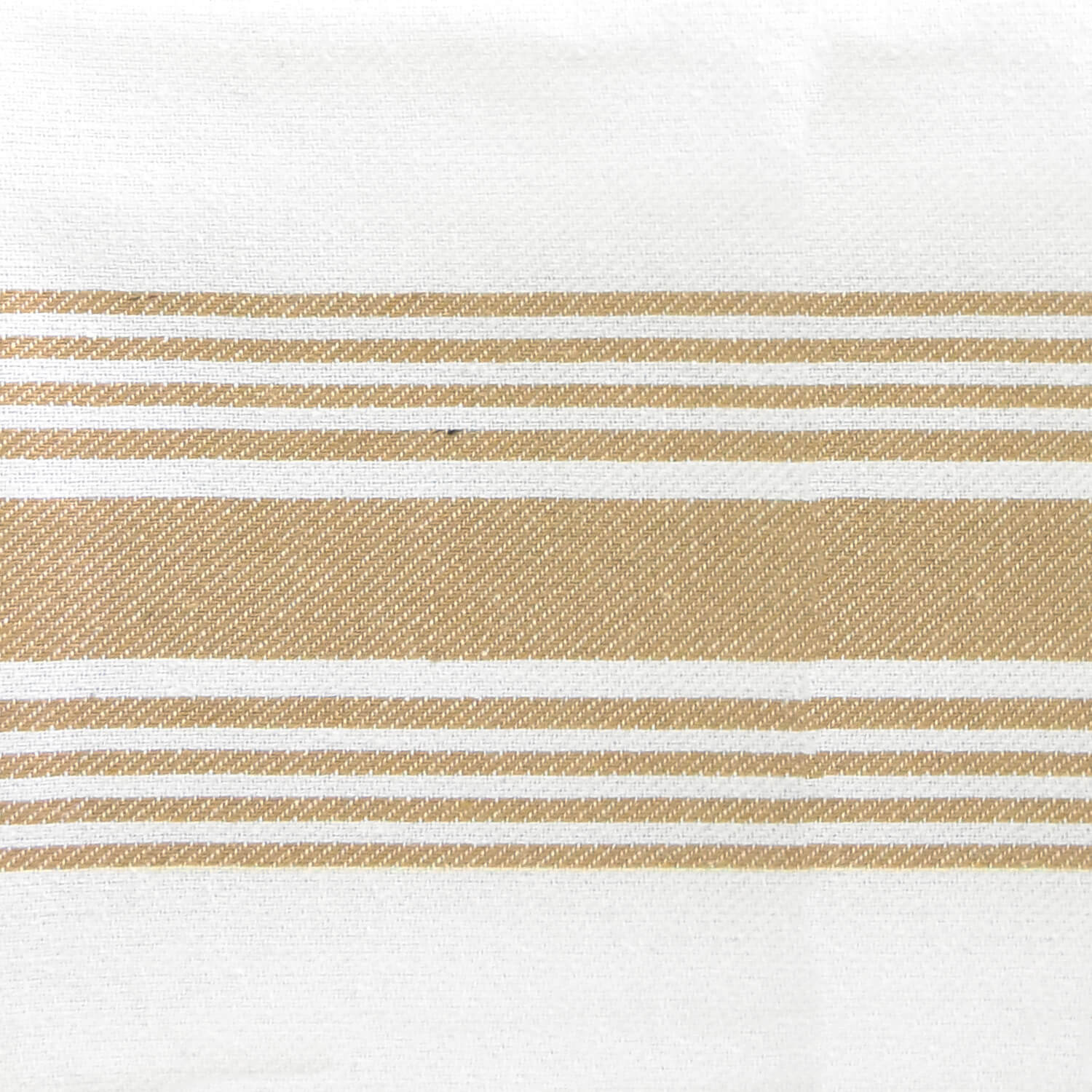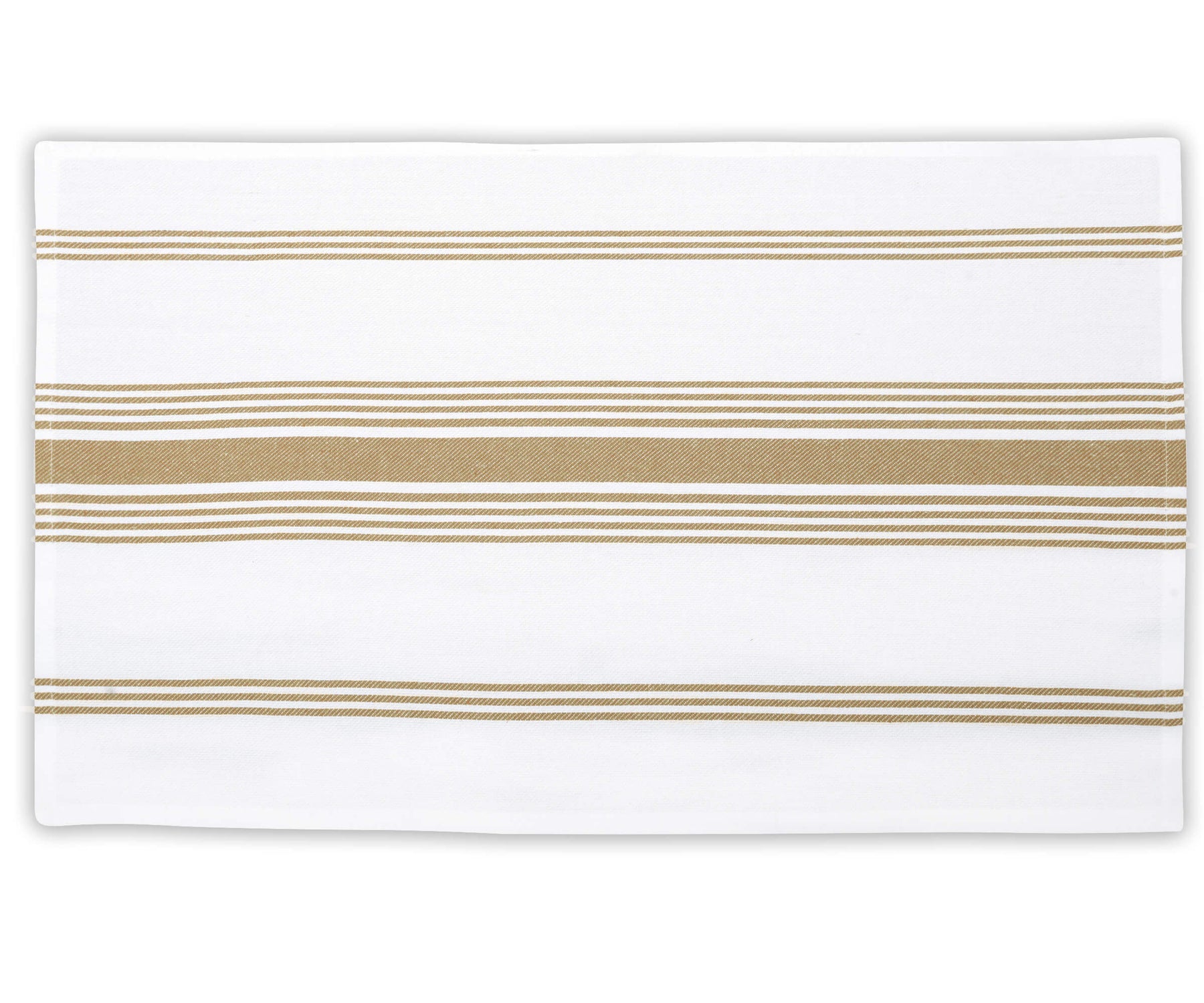What is Organic Cotton?
Organic cotton is grown without synthetic pesticides, fertilizers, or genetically modified organisms (GMOs). Instead, it uses natural farming practices that focus on soil health, biodiversity, and water conservation. By avoiding harmful chemicals, organic cotton farming protects farmers, workers, and the environment.
 Benefits of Organic Cotton:
Benefits of Organic Cotton:
-
Chemical-Free Comfort: Hypoallergenic and safe for sensitive skin.
-
Soft and Breathable: Known for its natural softness and comfort.
-
Sustainable Farming: Supports biodiversity and uses less water compared to conventional cotton.
-
Community Well-Being: Promotes healthier working conditions for farmers and workers.
Organic cotton is perfect for bedding, clothing, and household textiles where softness and comfort are key.
Read More: Why Organic Cotton Bedding is Considered the Best Option
What is Organic Linen?
Organic linen is made from the fibers of the flax plant. Linen production, when organic, avoids synthetic fertilizers and pesticides, relying instead on eco-friendly farming practices. Flax requires less water and fewer resources compared to many other crops, making linen one of the most sustainable fabrics available.
 Benefits of Organic Linen:
Benefits of Organic Linen:
-
Durability: Stronger than cotton, it lasts for years with proper care.
-
Breathability: Naturally cool, ideal for hot climates and summer use.
-
Moisture-Wicking: Absorbs moisture quickly and dries fast, keeping you fresh.
-
Eco-Friendly: Flax plants enrich the soil, supporting sustainable agriculture.
Organic linen is often chosen for bedding, tablecloths, and clothing where breathability and durability are priorities.
Difference Between Organic Cotton and Linen
Both fabrics are natural and sustainable, but they have distinct characteristics:
|
Feature |
Organic Cotton |
Organic Linen |
|
Source |
Cotton plant |
Flax plant |
|
Texture |
Soft, smooth, and breathable |
Crisp, slightly textured, gets softer with use |
|
Durability |
Long-lasting but softer in nature |
Extremely durable, stronger fiber |
|
Moisture Control |
Breathable, absorbs moisture |
Highly moisture-wicking, dries quickly |
|
Best For |
Everyday bedding and sensitive skin |
Hot weather, summer bedding, and table linens |
In short, organic cotton offers everyday comfort with a soft, breathable texture, while organic linen provides long-term durability and a naturally cool feel.
Why Choose Organic Cotton and Linen?
At All Cotton and Linen, our mission is to combine luxury with sustainability. Choosing organic cotton or organic linen means:
-
Supporting toxin-free farming.
-
Contributing to climate change solutions.
-
Reducing your environmental footprint.
-
Bringing healthier, eco-friendly fabrics into your home.
Whether you prefer the smooth softness of cotton or the airy durability of linen, both fabrics align with a sustainable lifestyle.
Explore More: What Makes Linen So Exceptional? How to Care for Your Linen Fabrics
Both organic cotton and organic linen are excellent choices for anyone who values comfort, sustainability, and eco-friendly living. While cotton offers softness and everyday usability, linen brings durability and a naturally cool feel. At All Cotton and Linen, we embrace both fabrics to give you the best of nature sustainable, toxin-free, and beautifully crafted for your home.
By choosing these sustainable fabrics, you’re not only investing in long-lasting comfort but also contributing to a healthier planet for future generations.


